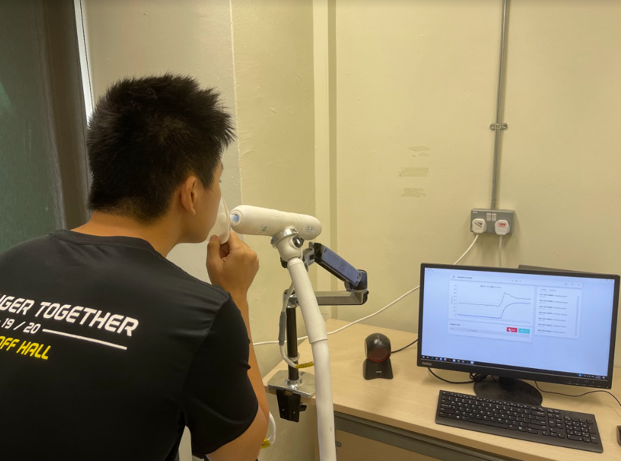
Most PhD students go on to become academics or research scientists in universities or industry.
At the National University of Singapore (NUS), though, several are turning their research ideas into inventions and setting their sights on becoming entrepreneurs through a programme that guides postgraduate students and researchers in creating their own deep-tech start-ups.
Launched in September last year, the Graduate Research Innovation Programme (Grip) is part of the university’s strategy to grow entrepreneurs and deep-tech start-ups for Singapore.
NUS deputy president of innovation and enterprise Freddy Boey explained that these are firms based on cutting-edge, disruptive technologies that solve urgent problems.
Interested postgraduate students and researchers with a good idea or invention can apply for the programme.
Selected teams spend 12 months gaining entrepreneurial skills and experience through workshops, mentorships, industry linkages and incubation support. Each team will receive funds of up to $100,000 from NUS, and have opportunities to pitch its start-up to external investors.
NUS has committed $25 million to Grip, with the aim of co-creating 250 companies over five years.
Professor Boey said that to date, more than 40 teams have graduated from the programme, with several securing significant funding of up to $1 million.
…
“In the long run, we hope that many of these Grip start-ups could become successful deep-tech companies and create innovation-based jobs in Singapore, as well as produce a sizeable number of entrepreneurs for the Singapore economy,” said Prof Boey.
He added: “Think of Grip as a hatchery that produces lots of small fry. The more fry we push out, the better our chances that some will succeed, and one may even turn into a big salmon or unicorn.”
Unicorns are start-ups valued at over US$1 billion (S$1.36 billion).
Prof Boey noted that NUS currently has about 10,700 students pursuing PhDs and master’s degrees. He said many research students, especially in fields related to engineering, science and technology, are often working on breakthrough technologies for their theses. Their ideas and inventions can be developed further and brought to market.
“With a strong talent pool and substantial R&D investment, NUS and Singapore have the potential to build more and viable deep-tech companies,” he added.
Among those riding the new wave of entrepreneurship is Dr. Jia Zhunan, 26, who came from China to study at NUS and co-founded Breathonix. Her firm is working on technology that can detect cancer through a patient’s breath.
Dr. Jia said: “I thought I was going to end up as a research scientist, but NUS made me see the potential of converting my idea into an actual invention that can help save lives.”
Source: https://www.straitstimes.com/singapore/education/nus-helps-phd-students-get-a-grip-on-enterprise